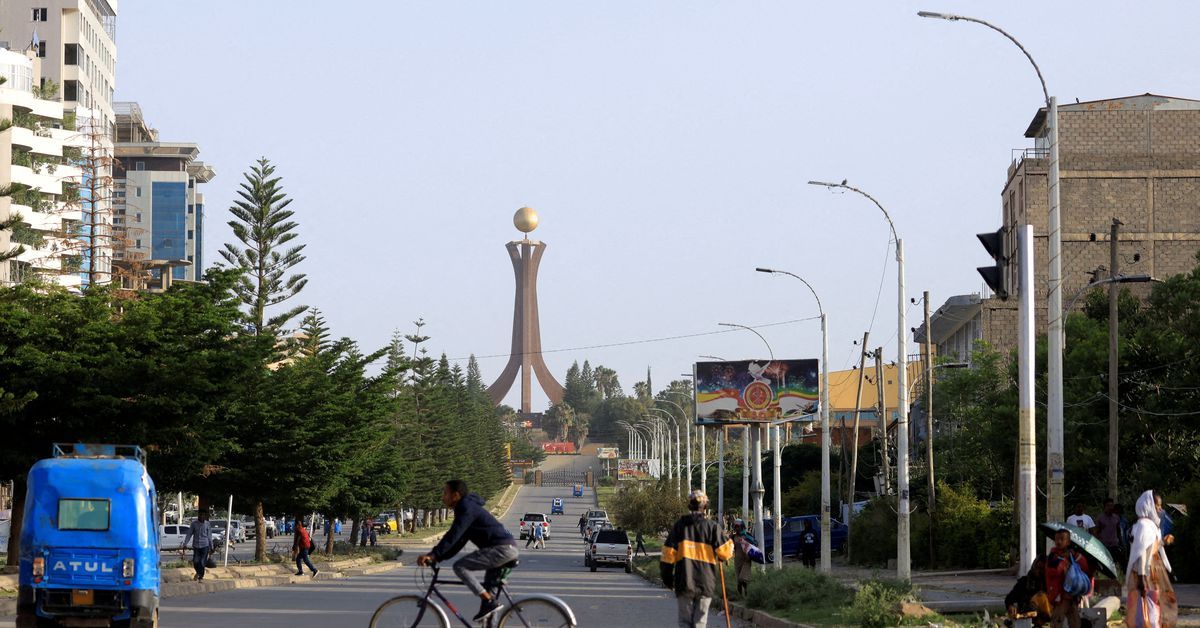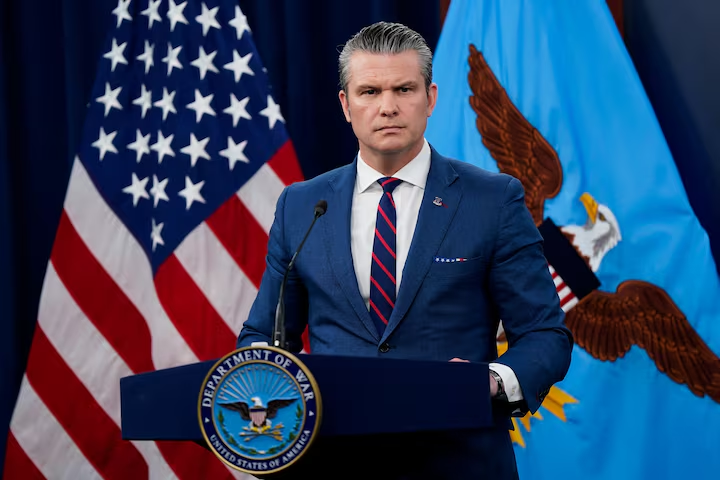
A U.N.-mandated probe into what investigators say are continuing atrocities in Ethiopia faces closure after a U.N. website on Wednesday showed that no motion has been received to renew it.
Thousands died in a two-year conflict between the government and regional forces from Tigray, which formally came to an end in November last year. Both sides accused each other of atrocities, including massacres, rape and arbitrary detentions, but each denied responsibility for systemic abuses.
The International Commission of Human Rights Experts on Ethiopia (ICHREE), created by the U.N. Human Rights Council in 2021 after a motion submitted by the European Union, said last month that war crimes and crimes against humanity were still being committed in Ethiopia.
But strong African opposition appears to have deterred proponents from seeking another mandate, diplomats said. The mandate was renewed last year only by a small margin.
Ethiopia, which denies committing widespread abuses, has strongly opposed the probe and tried to cut its work short. It has instead promoted its own national justice policies as the preferred avenue of investigation – an approach the U.N. commission described as “deeply flawed”.
Asked for comment on Wednesday, Ethiopian government spokesperson Legesse Tulu responded by text message: “This is the end of (ICHREE’s) history (in) Ethiopia.” He later added: “There is no need to talk about a dead end.”
Since the end of the war in Tigray, Ethiopia has been working to repair relations with major donors who had curtailed economic assistance over the conflict.
On Tuesday, the EU pledged a $680 million aid package that it had delayed in 2021 due to the war and said the two sides were working to “gradually normalise relations”.
A European diplomat said the EU expected Ethiopia to implement a robust and transparent “transitional justice policy, deal with prosecution and enhance accountability, in line with regional and international human rights standards.”
“We expect quick and tangible progress in the coming months, also in view of the next session of the Human Rights Council,” the diplomat said, referring to the session beginning in February next year.
“Lack of progress could jeopardize the ongoing gradual normalization of relations between the EU and Ethiopia.”
In an analysis released on Tuesday, the U.N. commission concluded there was a high risk that atrocities would continue in Ethiopia, citing recent fighting in the Amhara region and failures to hold people accountable for crimes in Tigray.
Commenting on the lapsing of the investigation, Lucy McKernan, who follows U.N. human rights mechanisms for Human Rights Watch, said: “Having no resolution is scandalous in the face of the report of the experts that was just published.”






